Mosquitoes are dangerous disease vectors, from malaria, dengue fever to the Zika virus. Previously, mosquito control methods mainly relied on UV lamps, mosquito coils, insecticides or screens. Although these methods are popular, they are not very effective and can easily cause secondary pollution, especially for children, the elderly and people with sensitive skin.
In recent years, AI technology has been widely applied in the field of mosquito control, creating smart mosquito-catching devices with the ability to identify and destroy targets accurately without chemicals. One of the notable devices today is Bzigo Iris - a product developed by Israeli engineers, using artificial intelligence to scan the space in the room and detect mosquitoes when they are resting.

Bzigo Iris works with an infrared camera and an AI image recognition system. When detecting a mosquito, the device uses a low-power laser to mark the mosquito's location on the wall or ceiling. The owner of the device will receive an alert on the phone via a connected application. Bzigo does not kill mosquitoes directly with laser, but helps users quickly detect and handle them. A big advantage is that the device works well in the dark, does not make noise, and does not require chemicals or periodic replacement.
On an outdoor scale, scientists at the University of South Florida (USF) have developed an AI-powered smart mosquito trap that can identify mosquitoes by species based on wing movement and shape. The device uses cameras, sensors, and processors right on the trap to distinguish dangerous species such as Aedes aegypti – the main culprit of dengue fever and Zika. Once it detects a suitable mosquito, the device automatically sucks or traps it.
The system is part of the EMERGENTS project, funded by the US National Institutes of Health with a total budget of 3.6 million USD. The device is designed for use in both urban and rural areas, operates on batteries or solar power, and does not require constant monitoring. The speed of image processing and AI decision making helps improve the effectiveness of epidemic prevention in hot spots without manual intervention.
In Uganda and India, health organizations are testing VectorCam – a simple device that uses a smartphone with a microscope and AI software to identify mosquitoes. Thanks to that, health workers can quickly identify mosquito species on the spot in just 15–18 seconds, without having to bring samples back to the lab. This device is considered a major step forward in disease surveillance in remote areas.
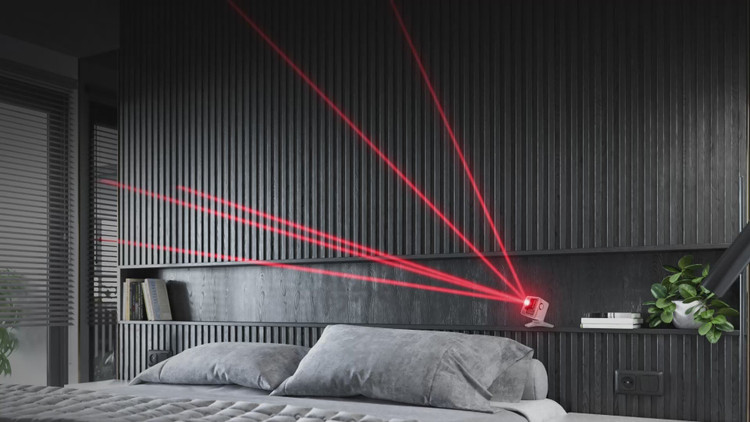
In addition, many models using AI combined with satellite maps are also being deployed in Europe to identify potential mosquito breeding areas. Thereby, spraying or environmental treatment can take place at the right time and place, limiting chemical abuse and protecting local ecosystems.
In Vietnam, smart mosquito-catching technology is still quite new but has great potential for application, especially in the context of dengue fever increasing during the rainy season. Devices like Bzigo Iris can be suitable for urban family environments, where closed spaces and many electronic devices require absolute safety. Outdoor AI traps like the USF model can be integrated into community disease control programs if supported technically and financially.
Although the initial cost is still high compared to traditional methods, in the long term, AI-based mosquito-catching robots are the optimal choice thanks to their ability to operate continuously, without chemicals, without pollution, and can be periodically updated with software to improve accuracy.
This new technology not only supports individuals in protecting their health, but also helps control diseases more proactively, quickly and effectively in the context of climate change, when mosquitoes develop year-round and spread in many different ecological regions.
Source: https://khoahocdoisong.vn/xuat-hien-robot-bat-muoi-bang-ai-post1551711.html








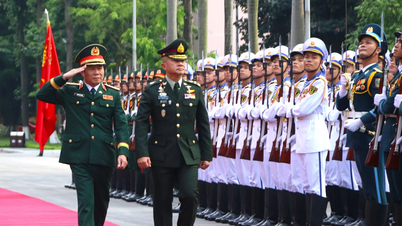





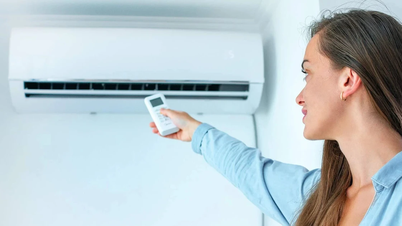
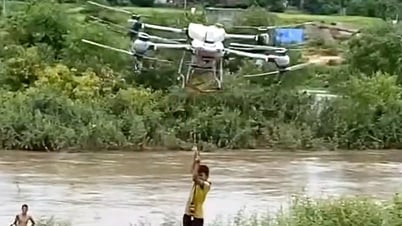







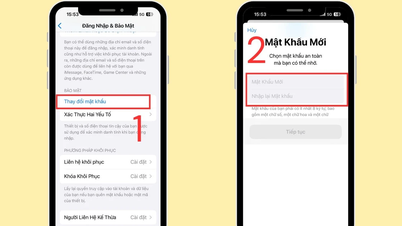
![[INFOGRAPHIC] Portrait of Thailand's interim Prime Minister Phumtham Wechayachai](https://vphoto.vietnam.vn/thumb/402x226/vietnam/resource/IMAGE/2025/7/4/db1c22cf51f2471f84ba17f72664e224)








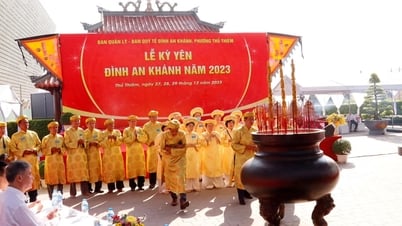






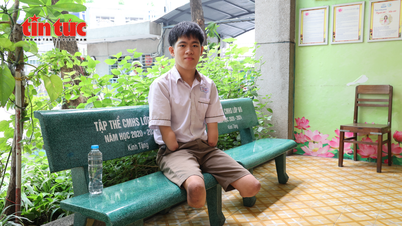





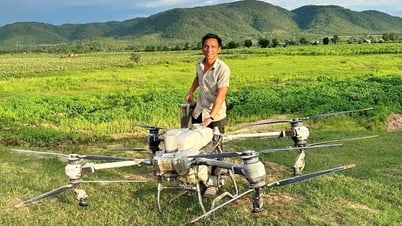

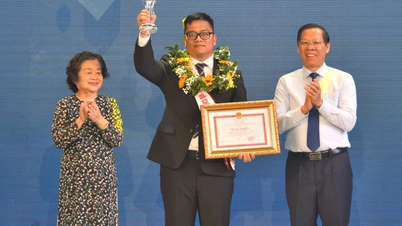


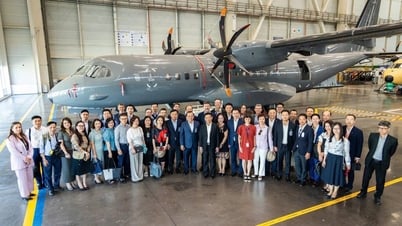




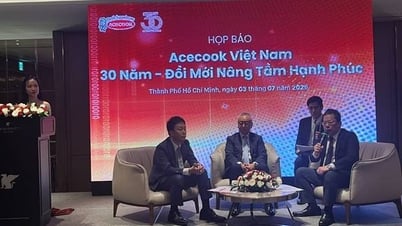



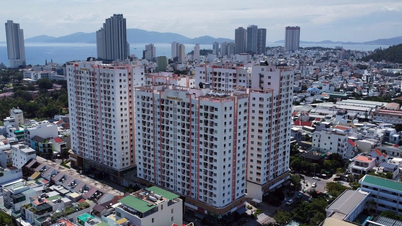
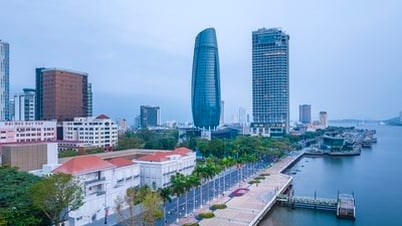
























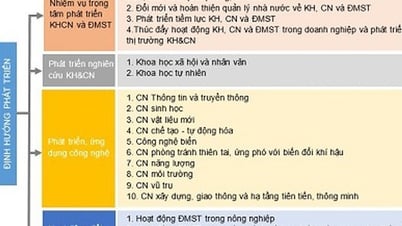

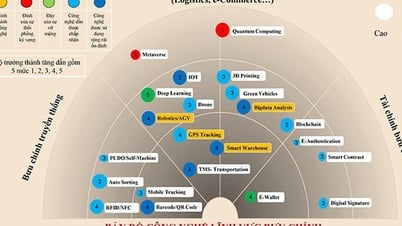



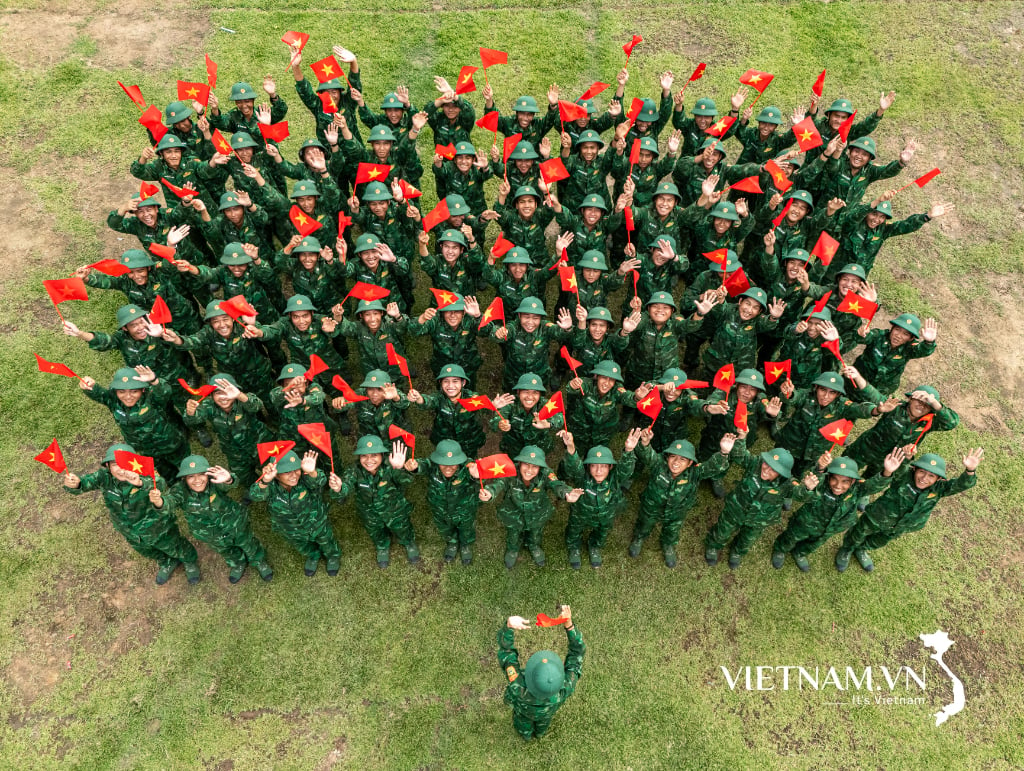

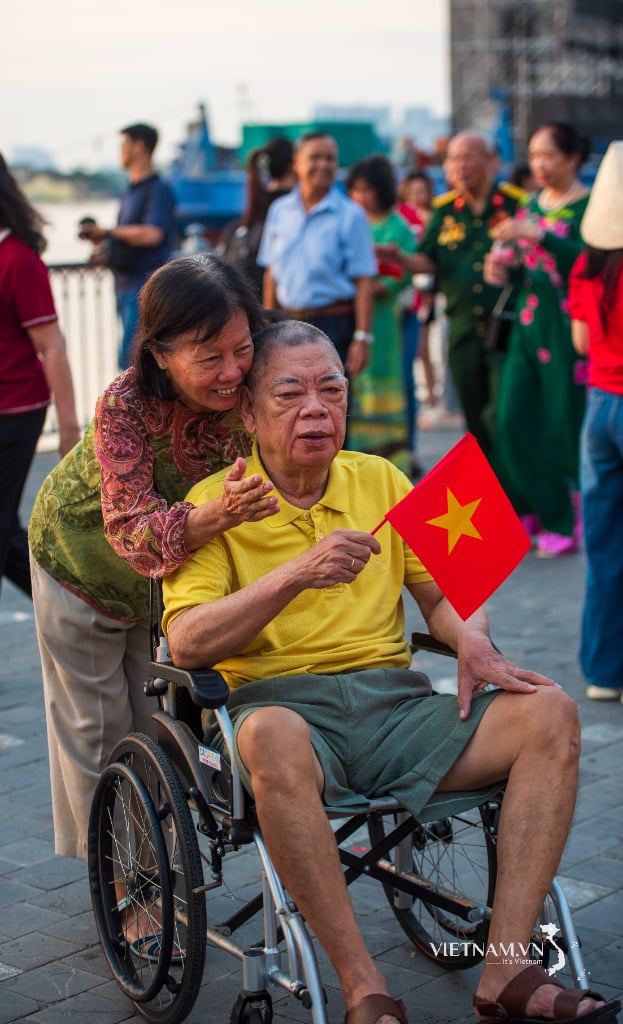

Comment (0)